Larry Fessenden’s latest is part of a series of films that re-interpret classic monsters in a contemporary setting. The inspiration this time: Mary Shelley’s Frankenstein.
There have been hundreds of big-screen adaptations of Mary Shelley’s 1818 novel, Frankenstein, but the latest, Depraved, resurrects Shelley’s 19th-century masterpiece with a 21st-century twist.
Depraved marks Larry Fessenden’s first feature-length film in six years, one in which he wrote, produced, directed, and edited. Known as the godfather of New York small-budget horror movies, Fessenden is no stranger to bringing Frankenstein-like stories to life on the big screen. Traces of Mary Shelley’s masterpiece can be found in many of the movies his studio (Glass Eye Pix) has produced over the past three decades, but Depraved may be his most ambitious, reconfiguring the classic story into something that’s truly his own.
Eschewing the classic gothic setting for Brooklyn, New York, Fessenden stitches together the usual motifs of hubristic science, loneliness, and fatherhood with modern anxieties about the dangers of profit-driven pharmaceutical companies, the trauma of PTSD, and the social decline of modern times.
David Call plays Henry, a grieving wartime field surgeon whose time in the Middle East has left him with severe PTSD. Alex Breaux plays Adam, a young man who is attacked one night on his way home, left to die on the sidewalk. As fate would have it, Henry stumbles upon Adam’s lifeless corpse, and drags it back to his nearby laboratory. With the help of his business partner and old college friend, Polidori (Joshua Leonard), Henry assembles various body parts, then transplants David’s brain into a new, stitched-together carcass. And so, Adam is reborn, thanks to a mysterious drug and the mangled collage of different corpses Henry has collected. Proud of his creation, Henry is eager to teach Adam how to speak, solve puzzles, regain motor control, play table tennis, and well, be human again. Unfortunately for Henry and Adam, Polidori has other plans.
Unlike the majority of Frankenstein adaptations, Depraved places a heavy focus on the father/son relationship between Doctor and Creation. Those looking for a Frankenhooker or Re-Animator style of film may be disappointed, since Depraved is first and foremost a character-driven film. Stripping the story to its bare essentials, we spend the majority of the running time watching Henry struggle with the moral and ethical dilemma of tampering with mother nature. For roughly the first half-hour, Depraved shows Adam’s death, rebirth, and healing process. The second part is a twisted coming-of-age tale that sees the two men slowly form a bond. The third and final act sees the all-too-greedy Polidori introduce Adam to the darker side of the city life. Things quickly spiral out of control as Adam starts to regain memories of his past life, and the gifted doctor instantly regrets bringing him back from the dead.
Depraved is best when it’s exploring the very unstable relationship of these two men, and it helps that David Call and Alex Breaux both do some incredible work here. Unlike most Frankenstein adaptations, Depraved is almost entirely seen through Adam’s eyes, and Alex Breaux’s mechanical performance strangely helps bring the film to life. He’s great at using his entire body to express emotions and imply what Adam is thinking and feeling, with little-to-no dialogue. Meanwhile, David Call does a marvelous job as the disillusioned doctor with something of a God complex. His performance takes the viewer on an emotional journey, and despite his poor decisions and questionable actions, he winds up sympathetic as we watch his spirit being crushed by the world around him. Unfortunately, the same sort of praise can’t be bestowed upon Joshua Leonard playing the greedy corporate benefactor behind Henry’s research. Perhaps the film’s one and only bad scene sees Polidori deliver a tiresome monologue about human nature while strolling through a museum. Of course, part of the blame should be credited to the screenwriter, but Leonard spends the majority of his screen time playing his character to the point of camp, which clashes with the performances of the rest of the cast.
Shot on the 200th anniversary of Shelley’s novel, Depraved is reportedly one of Larry Fessenden’s least expensive films, but you wouldn’t know by looking at it. Fessenden has always had a gift in producing excellent indie films on a shoe-string budget, and Depraved is no exception. From the opening scene set to the folk song “More Than Enough” by Elizabeth & The Catapult to the sepia-toned climax, Depraved looks stunning and sounds great for a DIY indie thriller. I especially love the psychedelic imagery of the second act, as well as the lo-fi lighting, filters, and color gels used when trying to convey what is going on inside Adam’s head. Even the stylish credits are fun to look at!
If every great story has already been told, the trick is to find new ways to tell it. You’d think that there would be nothing left to say about Frankenstein, but thanks to Larry Fessenden’s unique perspective, he proves that even centuries-old stories can be torn apart and stitched back together in new ways.
I don’t want to oversell this movie. Depraved is good but not great. I’m not willing to call it his best work, but it is just one more accomplishment to add to his already crowded resume. Like any movie, Depraved has its fair share of flaws, but it’s also an extremely well-made, emotionally devastating, character-driven journey. By the end, Adam is just another lost soul wandering New York City — and like many others, he’s searching for answers, a purpose, and in his case, a soul.

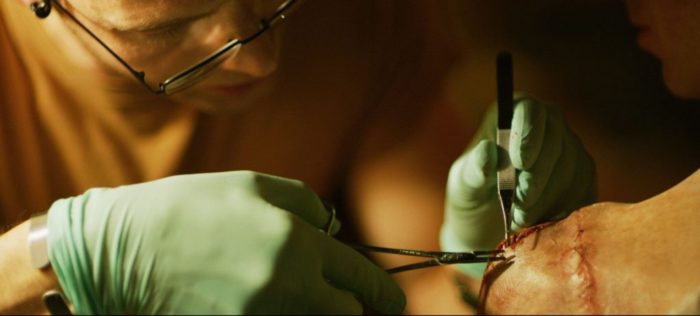
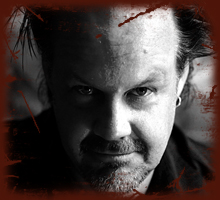





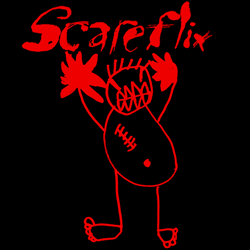

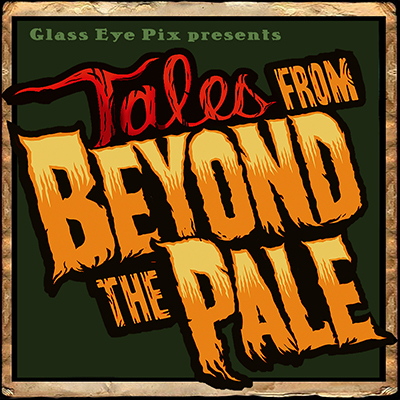


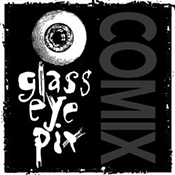





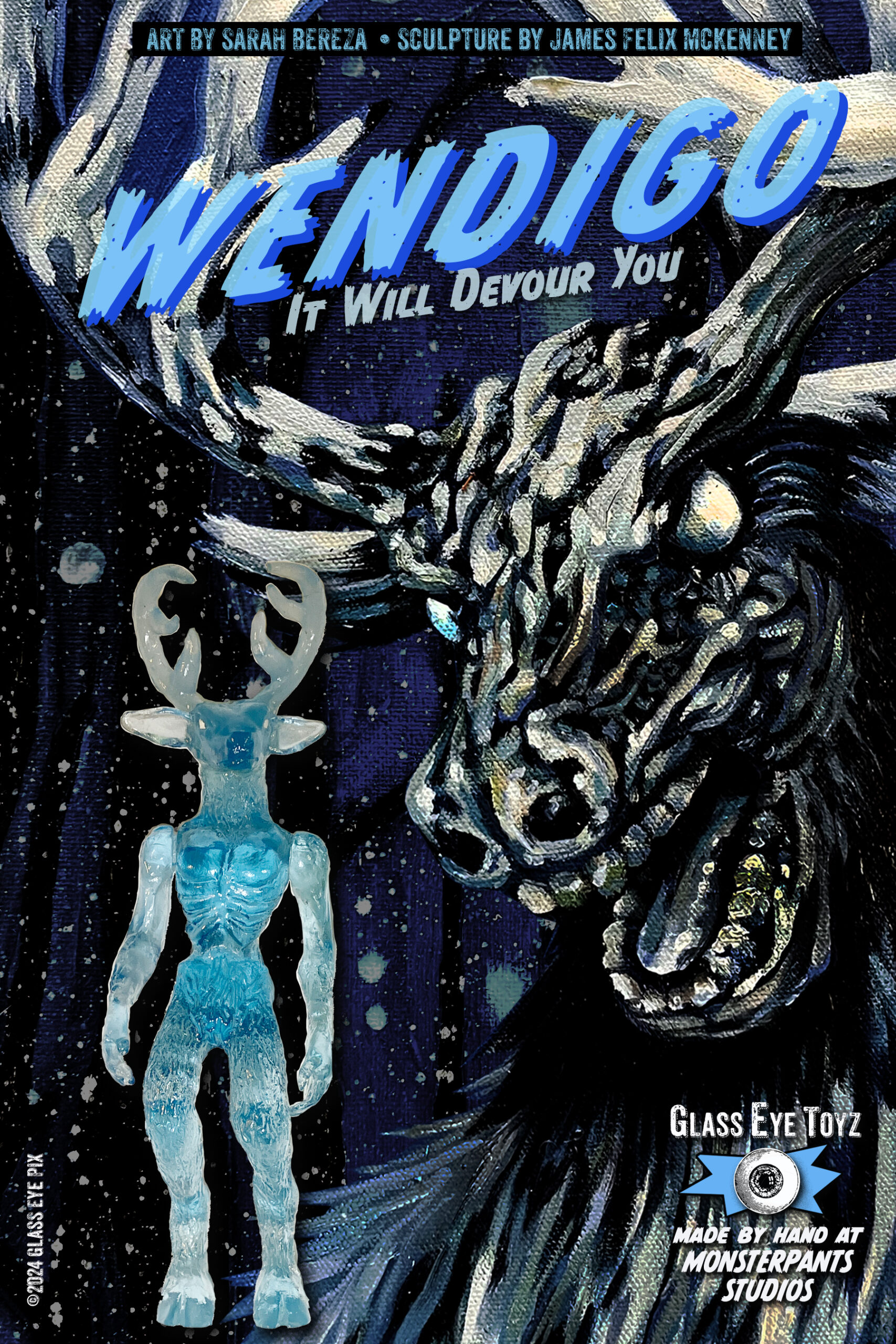
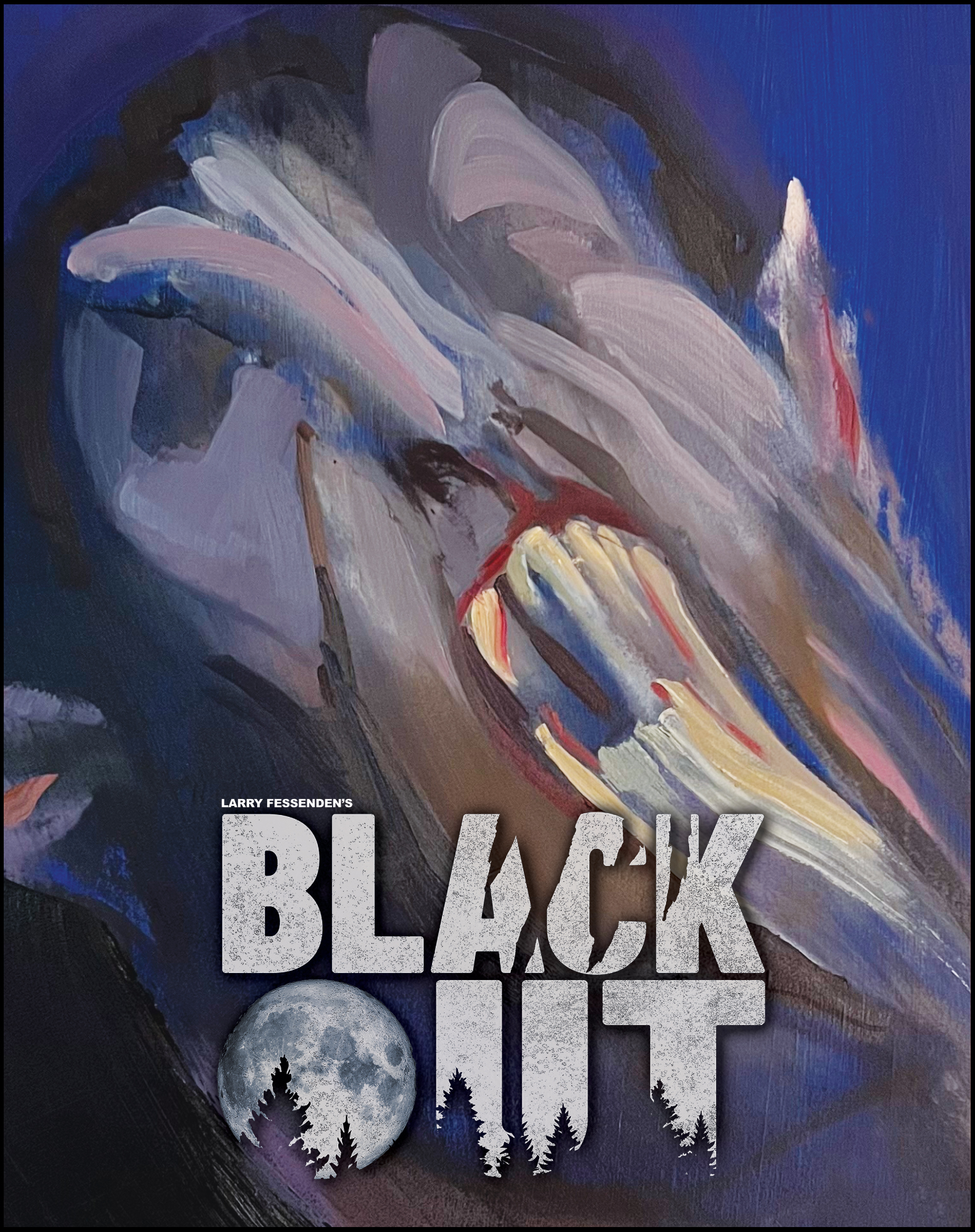
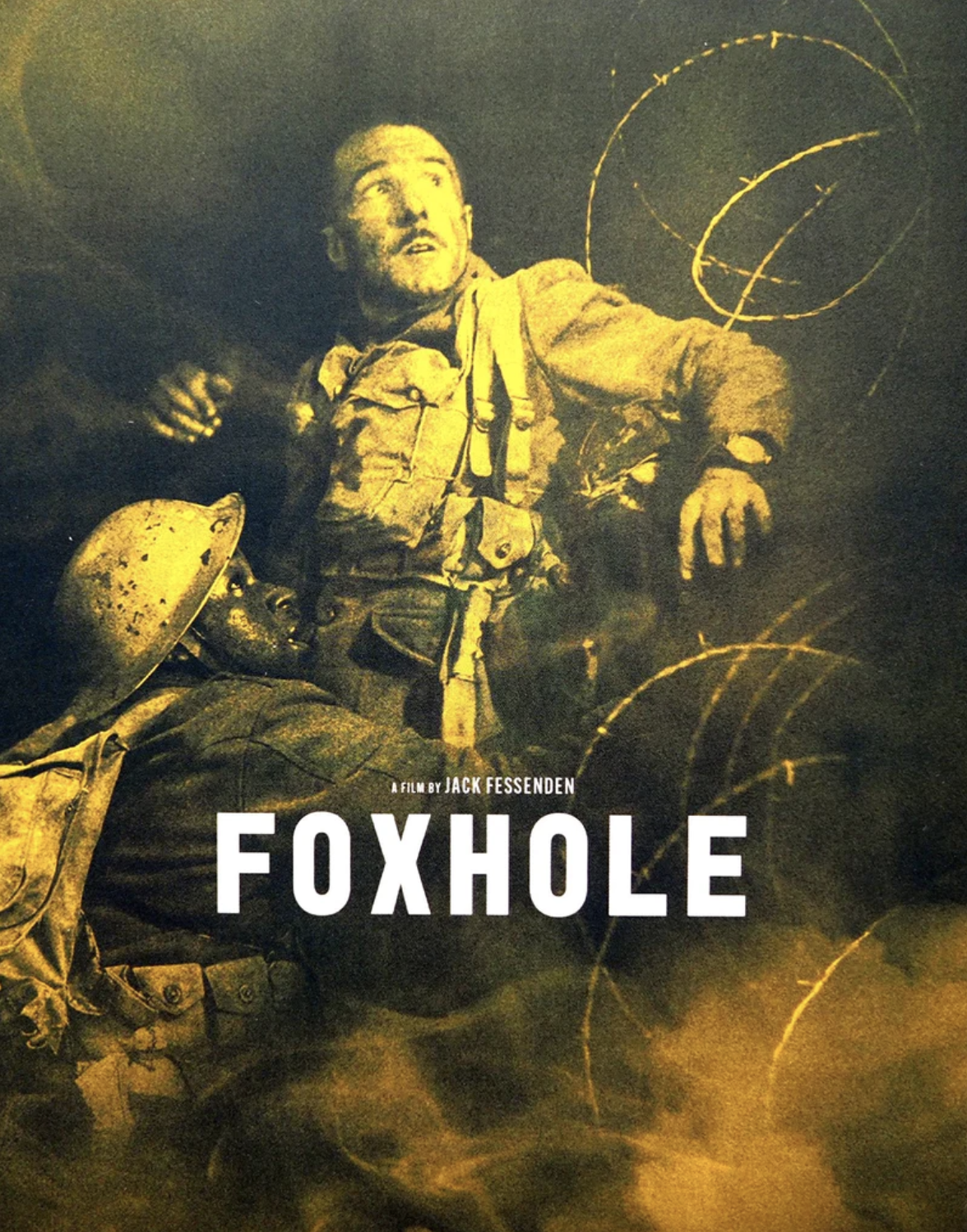
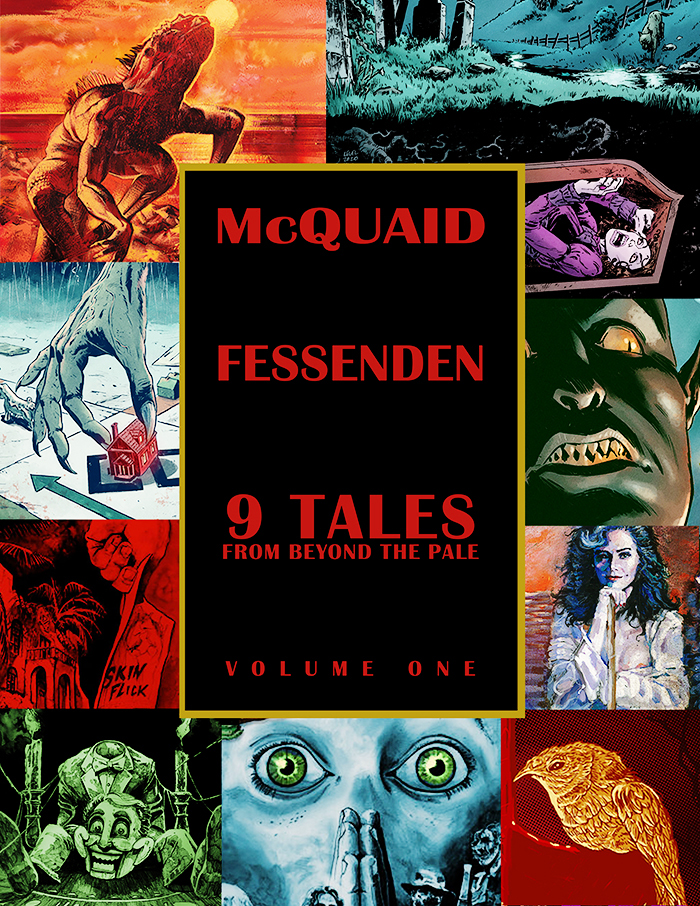
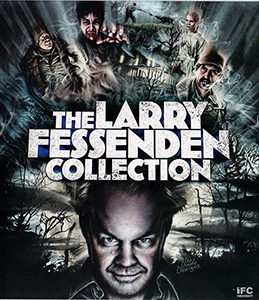

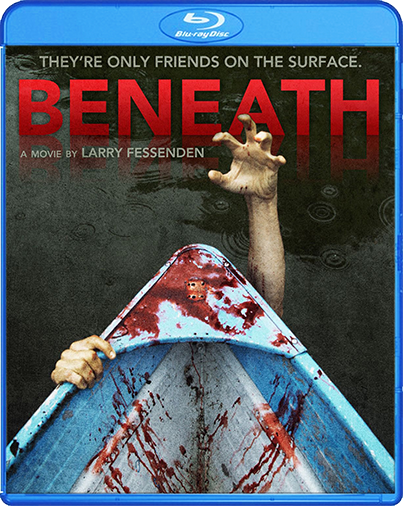


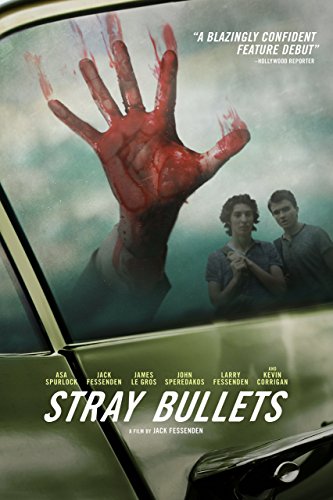

Add a comment